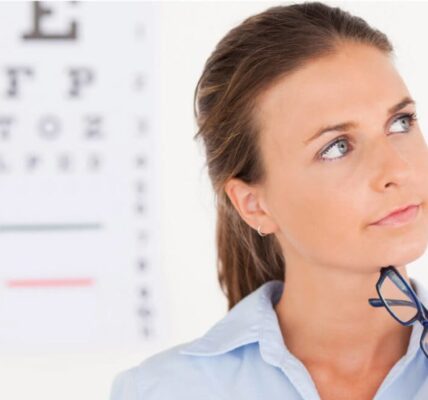Going To Rehab? Find Out The Most Common Condition That Is Treated At A Dual Diagnosis Treatment
When a person is diagnosed with substance abuse disorder and a mental health disorder, the condition may be hard to treat. The two conditions interact and make the rehabilitation process complex. The patient has a higher risk of contracting the opportunistic disease. This condition is called dual diagnosis disorder or co-occurring disorder. Treating the two disorders can only make each condition worse.
For this reason, dual diagnosis rehabilitation must be applied for effective recovery. Are you thinking of starting your journey to drug addiction recovery? Find out the most common conditions treated at a dual diagnosis treatment center.
- Generalized Anxiety Disorder
Generalized anxiety disorder usually recurring, frequent panic attacks, or anxiety. Disrupted sleep and restlessness are some of the dominating signs. People with frequent anxiety often choose to depend on alcohol and other illicit drugs to enhance their social and handle other symptoms. Patients with GAD seem to worry too much about money, health, family, and life as a whole. They always seem to expect disaster.
Treatment; GAD is treatable. To be diagnosed with GAD, distinguishing symptoms must linger for many days, six months, or more. The treatment combines both medication and cognitive behavioral therapy. If another condition is discovered, the patient is referred to a psychiatrist or a psychologist for mental health evaluation. Exercise and a healthy diet are some of the home remedies. It is advisable to get dual diagnosis treatment from a certified rehab center.
- The Bipolar Disorder
Bipolar patients are most vulnerable to drug and alcohol abuse. They tend to experience frequent depression and mania episodes. Most of the people living with bipolar do self-medication to calm the symptoms. However, this method makes it worse.
Treatment for bipolar is guided by a specialized medical doctor who prescribes medication and therapy for it and other related mental illnesses. Bipolar is a lifelong condition. The treatment is only steered at maintaining the symptoms.
- Post-Traumatic Stress Disorder
PTSD happens when a person has experienced an extremely stressful occurrence such as violence, war, or car accidents. The person experiences flashbacks, and to some extent, nightmares. To calm down and escape these memories, the individuals turn to alcohol and other drugs for comfort. The patients show symptoms of insomnia, painful emotions, and low self-esteem. In extreme cases, the patient may lose memory.
PTSD is treated with medication and psychotherapy. The main goal of psychotherapy is to help you improve the symptoms, teach you how to deal with them, and restore your self-esteem.
When dealing with a person suffering from a co-occurring disorder, it is good to provide a recovery plan that helps them overcome drug and substance addiction and treat the root cause of the condition. Many dual diagnosis treatment techniques are used today, cognitive behavioral therapy, support groups, medication, and one-on-one therapies. Before joining a rehab center, enquire from the potential centers if they have a dual-diagnosis treatment plan. If yes, does it meet your individual needs?
